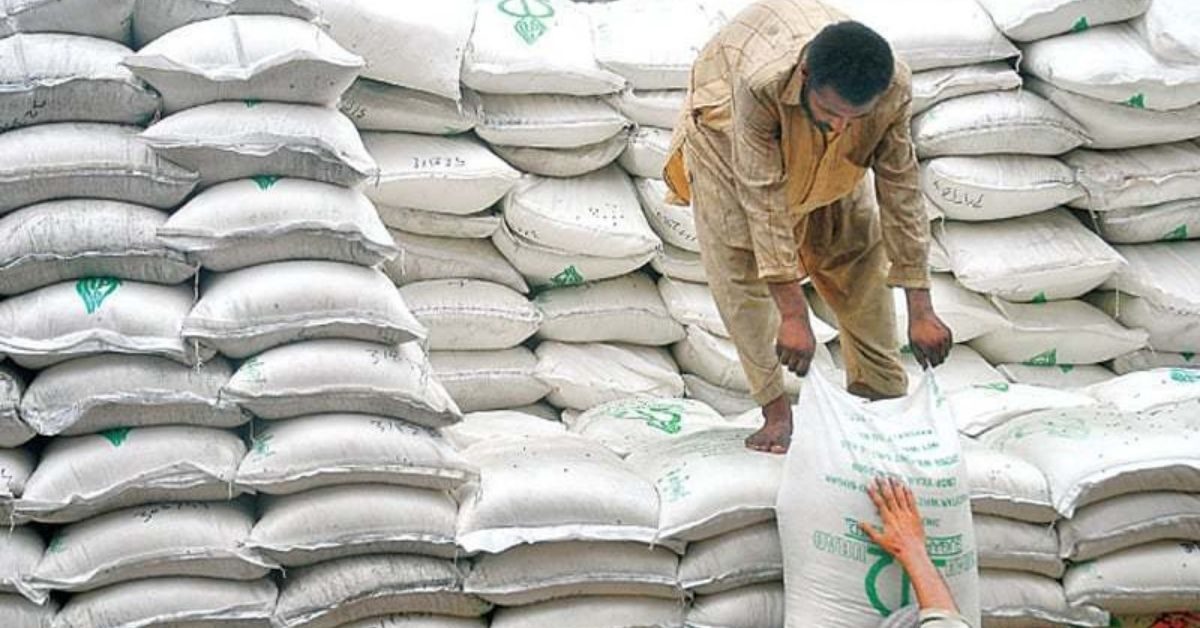With growing global concerns over fertilizer security, India will soon sign agreements with Morocco and Egypt to secure long-term supply of rock phosphate, a critical raw material for making Diammonium Phosphate (DAP) and Nitrogen-Phosphorus-Potassium (NPK).
Minister of chemicals and fertilizers Mansukh Mandaviya will be visiting the North African nations to seal the deals. The visit may also see Indian companies setting up plants there for DAP and NPK production for imports.
With its fertilizer subsidy outgo shooting up in the current fiscal to ₹2.15 trillion so far, India has adopted a strategy to secure supplies from Senegal, Israel, Oman, Canada, Saudi Arabia and Jordan.
DAP supplies from China have come to a halt amid the Ukraine war that has led to soaring prices of soil nutrients and feedstocks. Russia is a major producer of potash.
At the G20 Summit in Bali, PM Narendra Modi cautioned about today’s fertilizer shortage becoming tomorrow’s food crisis.
India now wants to establish trade and investment links with mineral-rich countries through multi-year import and investment deals that will diversify supply sources and protect farmers from supply shocks.
“Morocco has huge reserves of phosphorus, which is an important element for production of fertilizers. Therefore, I am planning to will visit Morocco from 13-14 January for signing a memorandum of understanding with them,” said Mandaviya. He said a deal with Egypt is in the pipeline.
“Under the joint venture, both private and public players will do the mining, produce and bring the fertilizers to India,” he said in an interview.
“Fertilizer security in today’s time is one of the biggest issues.”
Data from the department of chemicals and fertilizers showed that India’s total fertilizer requirement is around 43.5 million tonnes. India is totally dependent on imports for muriate of potash. Imports in the last few years ranged from 2.4 million tonnes to 4.7 million tonnes. In the case of Diammonium phosphate, around 60% of the requirement is imported. In addition, 25% of urea and 15% of NPK fertilizer requirements are met through imports.
On 23 December, the ministry of chemicals and fertilizers said that in FY23 the total consumption of fertilizer has been 401.46 metric tons while the production is 320.76 metric tons.
The minister said India had started to import DAP from China but as of now, China is not supplying to India because China itself is importing. “But I can say that we did best fertilizer management during the pandemic,” said Mandaviya.
He said that there was no shortage of fertilizers in the country during the pandemic.
The government has introduced several reforms in the fertilizers sector in the last one year. “We have decided to leverage alternative fertilizers. Traditionally, fertilizers like NPK, DAP are in use, but now we have started to explore nano urea, nano DAP, new grade of NPK, bio fertilizer, organic fertilizer, other varieties of urea and varieties of alternative fertilizers,” said Mandaviya. Nano fertilizers are very effective, with only small quantities needed to get results.Earlier this year, India signed multiple MoUs and joint ventures with mineral-rich countries like Senegal, Israel, Oman, Canada, Jordan and Saudi Arabia to become a major market for fertilizers.







